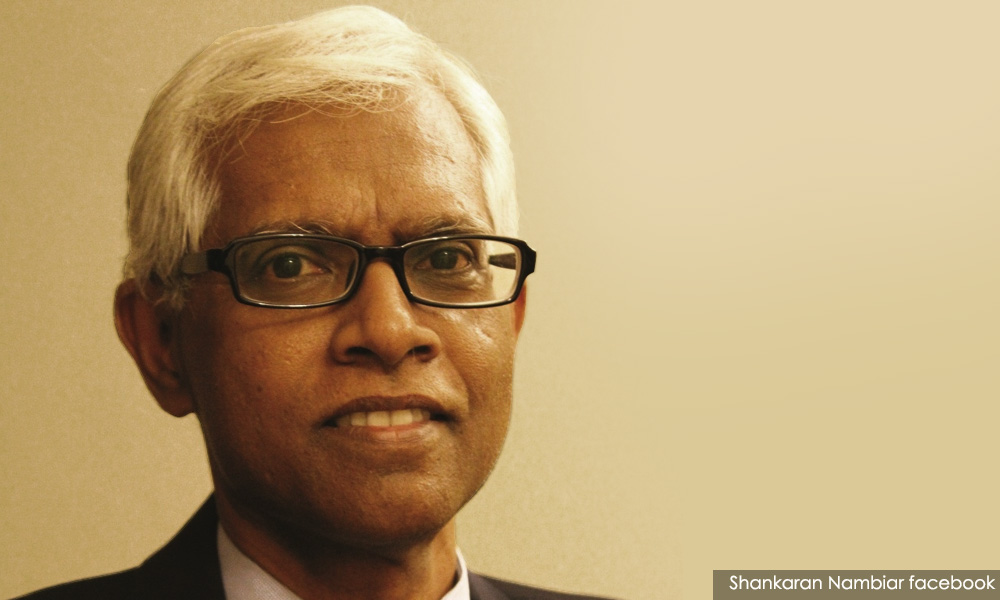
An economist had proposed that the Health Ministry look into a comprehensive health financing scheme for the country.
Malaysian Institute of Economic Research senior fellow Shankaran Nambiar said the proposal had been put off for far too long, and no action has been taken despite numerous studies conducted on the matter.
Shankaran said health financing cannot be ignored as a large proportion of the nation's population grows older, citing statistics which estimate that by the year 2030, about 14 percent of Malaysians would be aged 60 and above.
"What that means is that by 2030, there will be more senior citizens, more people with health problems, longer queues at public hospitals, and the government having to bear higher medical costs," Sankaran told Malaysiakini.
He was referring to a statement by the new Health Minister, Dzulkely Ahmad, who among others, promised to cut the waiting time at public hospitals, and pledged to make this measure as part of his key performance index (KPI).
"This is an excellent first move. It shows responsiveness to the needs of the people but there is a lot more that has to be done, given the huge neglect. Health care has to be approached holistically as health care must occur within a society's values," Shankaran said.
He pointed to two issues that fall within the ambit of MoH - primary health care and public awareness.
Primary health care is the service provided by general practitioners, community pharmacists, opticians and dentists, including the diagnosis and treatment provided by these practitioners, health education, disease prevention and screening.

Public awareness is important because it addresses ‘lifestyle’ diseases such as diabetes and cardiac disorders, he noted.
For example, there is some evidence that cancer can, in some instances, be related to lifestyle, Shankaran said.
"These diseases are on the rise and impose a heavy cost on the public health system.
"They will be a greater source of expenditure on the public system as Malaysia’s population ages," said Shankaran, who is the author of 'Malaysia in Troubled Times'.
"Creating more awareness about the causes of diseases and their preventability will help reduce their incidence," he added.
"Communicable diseases (eg TB) can also be prevented or reduced and diseases such as dengue can be prevented through proper vector control.
"If people take better care of themselves and their environments, they will not be adding to the long queues at the public hospitals. That is why due consideration must be paid to primary health care," Shankaran stressed.
Shankaran also believes the government should play an active role in making health care accessible and affordable.
The country does have some "model" health facilities, but this does not mean they cannot be further improved, he noted.
"Malaysia’s currently troubled fiscal condition may not allow a transition to a state-run health care system as practised by Canada, Australia and the UK. A middle path is necessary.
"If countries like Taiwan can effectively intervene in the healthcare market, why not Malaysia?" he asked.
"From all accounts, Dzulkefly Ahmad is a man of integrity and sincerity. I have no doubt that he will seriously attempt to reform our health care system." - Mkini



No comments:
Post a Comment
Note: Only a member of this blog may post a comment.